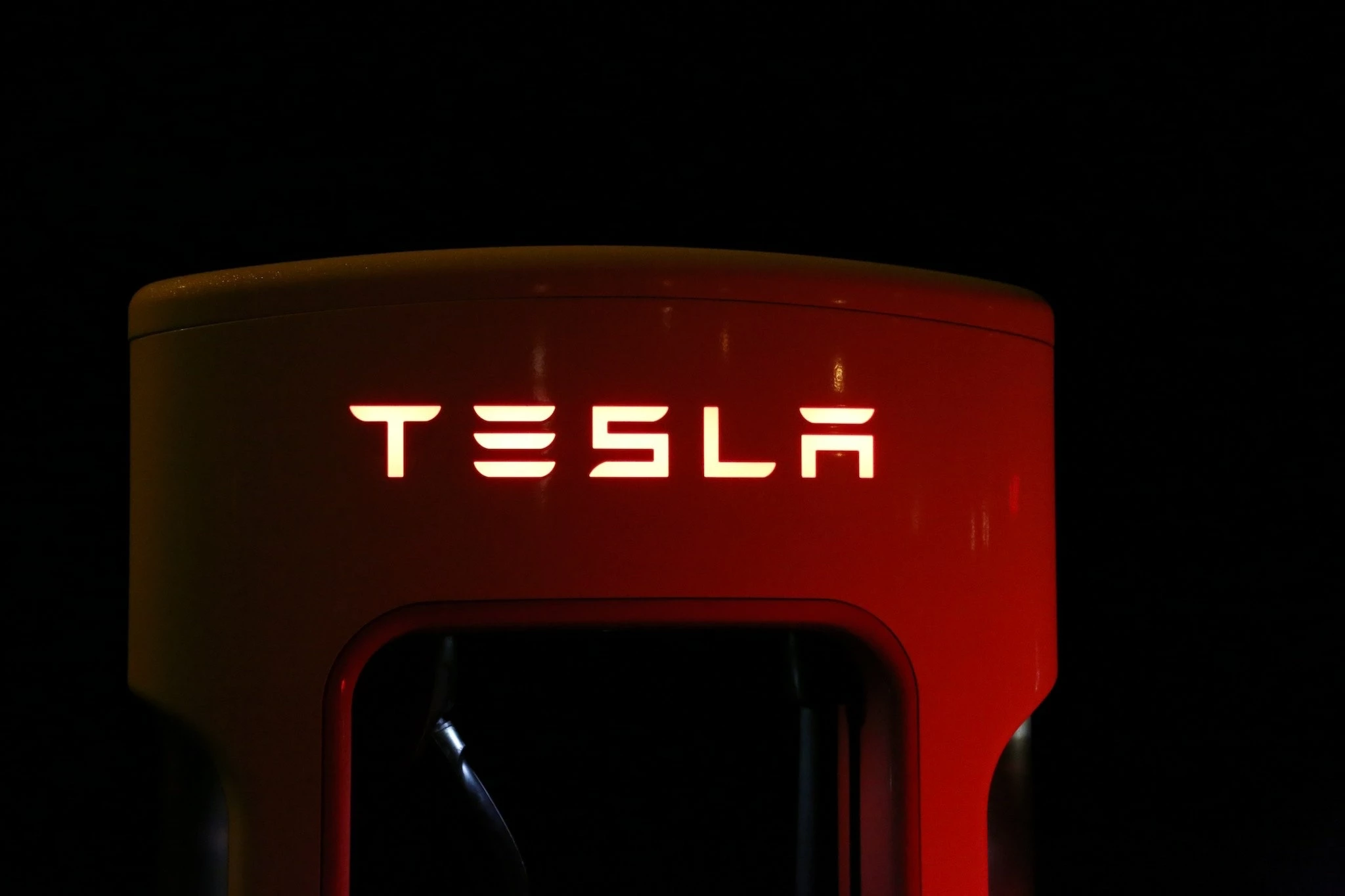
Partner Article
Creating New Value for Industry With AI and IoT
Can you think of an area of our lives where computers, software and smartphones don’t already play a role? Computers make life easier. Now, with machine learning and AI playing new roles in manufacturing, insurance and healthcare, we are finding smarter ways to increase production outputs, reduce costs, diagnose diseases earlier and reduce risks.
Companies such as Tesla and Aurora, as well as major automotive brands such as Ford, are betting big on self-driving vehicles.
Behind that bet is a potentially game-changing cocktail of tech: artificial intelligence (AI) and the Internet of Things (IoT, also referred to as connected devices). We have gone beyond the point whereby the IoT is revolutionary. Anyone with a Fitbit or similar device knows how useful they are. In many sectors, companies are working to find ways to increase business benefits and consumer value from connected devices.
Automotive sector
In many ways, modern cars are already smarter and more connected than ever. This has broad implications for how we drive (thanks to sat nav, we know where there are roadblocks, so we can avoid trouble spots), how safe we and other road users are, and even how insurance companies predict the risk of accidents.
But long before a car gets on the road, machine learning plays a huge role in smarter, safer and more efficient automotive manufacturing. Loading and unloading trucks, or moving machinery and parts around a factory is dangerous. With machines smart enough to completely replace human workers, safety increases and the production process becomes more efficient.
Machine learning is already proving useful in other ways, too. When the machines in the production line go down, either unexpectedly or for planned maintenance, manufacturing slows down. Costs increase. Unstructured data from production line machines can now be analyzed using machine learning algorithms, identifying and predicting maintenance issues and potential faults before they happen. Engineers can then take preventative action to ensure the machine is repaired or replaced without slowing down production. McKinsey estimates this will increase production up-time by 20% while reducing inspection costs 25% and annual maintenance costs 10%.
It isn’t possible to automate everything. In many cases, people can work alongside robots, which will reduce development and deployment costs. McKinsey predicts that using collaborative robots powered by AI could increase productivity by 20% in automotive factories.
Insurance and healthcare
Insurance companies, particularly those that offer car, home and contents and health insurance, are confident that in time, the combination of AI and IoT will generate enormous value for them and their customers.
In healthcare, the IoT market is expected to be worth $72 billion in 2021. While the AI market in healthcare is predicted to grow from $667 million in 2016, to $8 billion in 2022.
For example, Google, using a deep learning system achieved an 89% accuracy score when looking for cancerous tissues, compared to a human pathologist with unlimited time, who usually doesn’t score higher than 73%. Detecting cancer early is one of the most effective ways to increase the patient’s chance of survival.
In some cases, pathologists can only agree 40% of the time when trying to diagnose breast or prostate cancer.
Instead, when a machine learning algorithm is exposed to billions of images (the Radboud University Medical Center in the Netherlands donated them to Google) and it is given situational and medical knowledge, accuracy can be consistently higher than human medical professionals.
A similar test, conducted by Stanford University on skin cancer diagnosis also recorded a higher accuracy rating than traditional methods. Scientists and medical professionals across a wide range of specializations are exploring the use of machine learning and AI in the prediction and diagnosis phase of numerous conditions.
Thanks to machine-learning algorithms, cognitive systems help health insurance companies to reliably filter out incorrect claims and successfully reject them. Insurance case managers can efficiently screen cases, evaluate them with greater precision, and make informed decisions.
These are just a few ways that a combination of AI and IoT can create long-term value for humanity.
This was posted in Bdaily's Members' News section by NIX United .
Enjoy the read? Get Bdaily delivered.
Sign up to receive our popular morning National email for free.








 Raising the bar to boost North East growth
Raising the bar to boost North East growth
 Navigating the messy middle of business growth
Navigating the messy middle of business growth
 We must make it easier to hire young people
We must make it easier to hire young people
 Why community-based care is key to NHS' future
Why community-based care is key to NHS' future
 Culture, confidence and creativity in the North East
Culture, confidence and creativity in the North East
 Putting in the groundwork to boost skills
Putting in the groundwork to boost skills
 £100,000 milestone drives forward STEM work
£100,000 milestone drives forward STEM work
 Restoring confidence for the economic road ahead
Restoring confidence for the economic road ahead
 Ready to scale? Buy-and-build offers opportunity
Ready to scale? Buy-and-build offers opportunity
 When will our regional economy grow?
When will our regional economy grow?
 Creating a thriving North East construction sector
Creating a thriving North East construction sector
 Why investors are still backing the North East
Why investors are still backing the North East